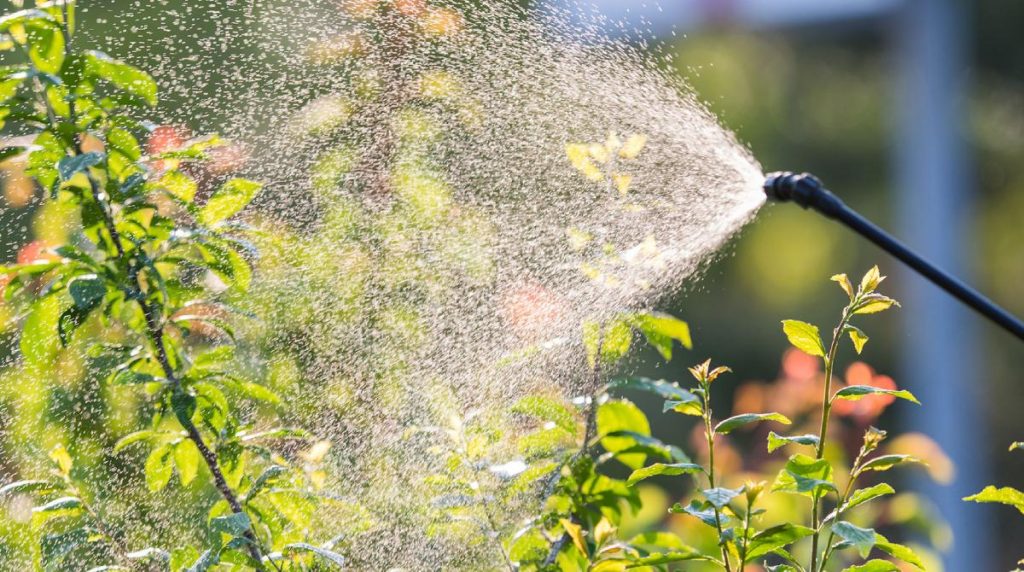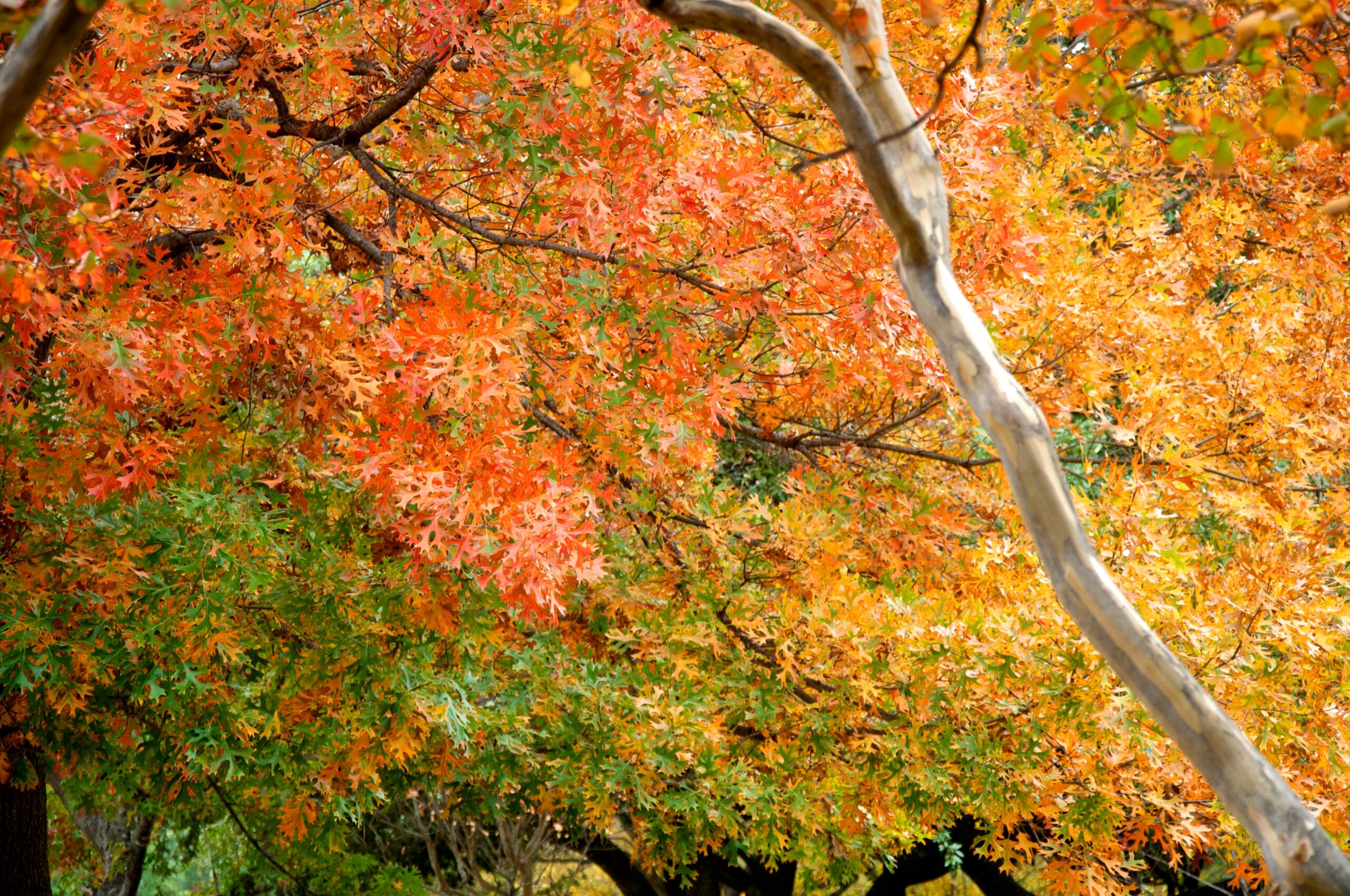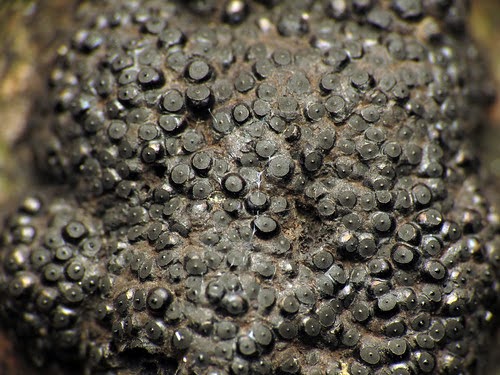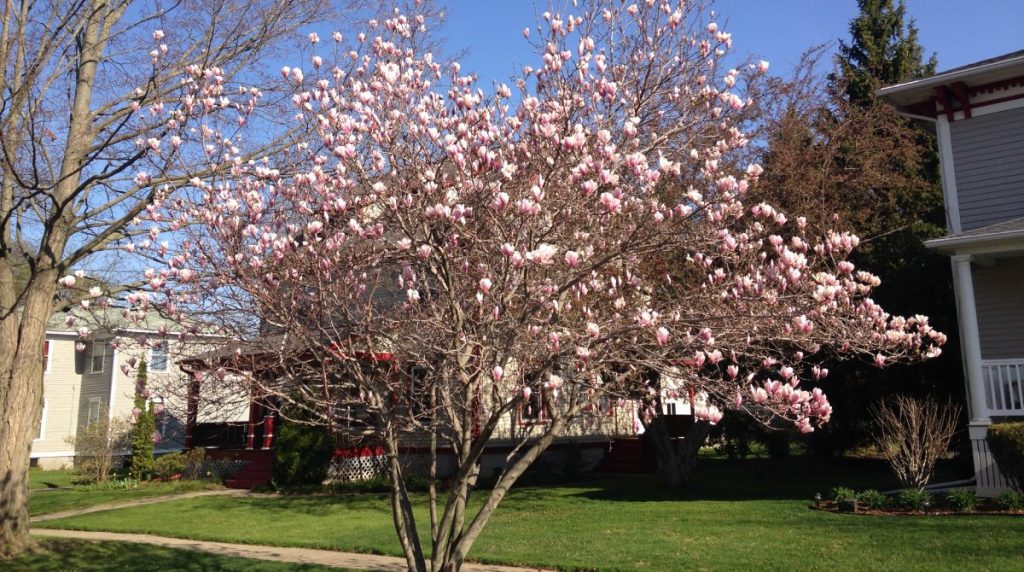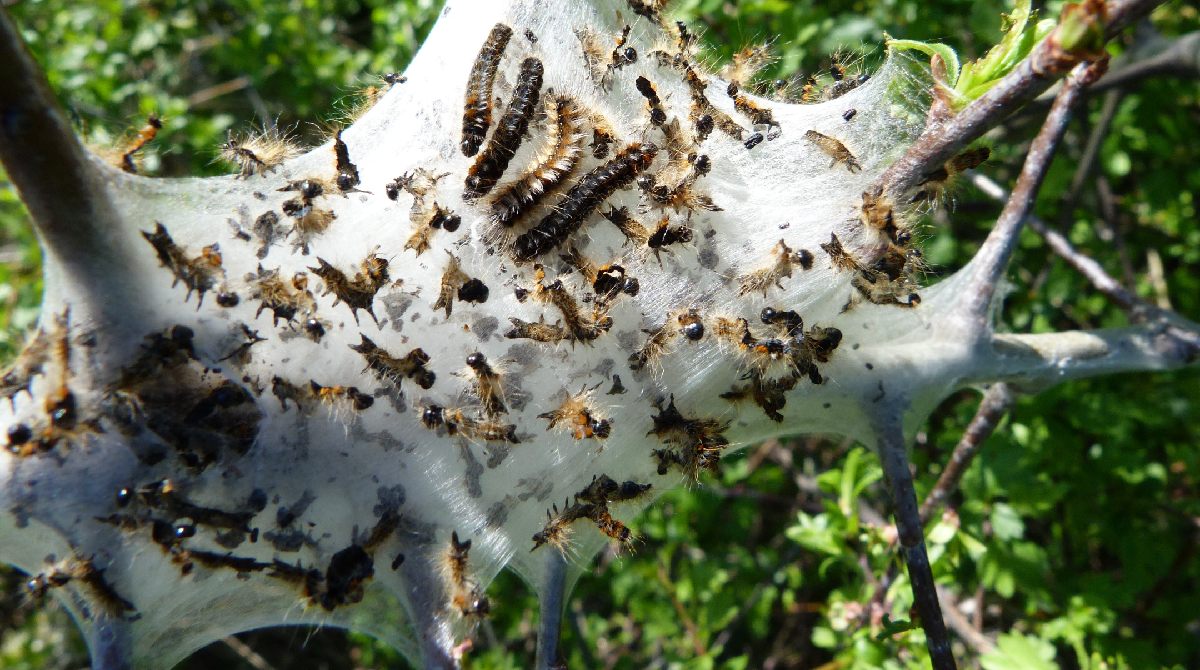
Date October 01, 2022
Category
If you’ve noticed small, web-like structures, or tiny green worms on your trees, you’re not alone. North Texas homeowners have reported an outbreak of various tree insects attacking their trees and wreaking havoc on their landscape in recent years, increasing in the past few months. While most are relatively harmless, there are a few species that can cause serious damage to tree health if left unmanaged. In this blog post, we’ll dive into common North Texas tree caterpillars and worms and what you can do about them. Stay tuned!
TreeNewal’s Dallas plant health experts and ISA Certified Arborist offer industry-leading tree services to promote and maintain the health of our North Texas trees. If you need advice or assistance, contact us today at (817) 592-6846.
Common North Texas Tree Insects
Tent Caterpillars
Tent worms in trees produce unsightly webs or “tents” on broadleaf trees and shrubs. The tents are often found on the crotches of branches protecting the worms and becoming larger as populations increase. Egg masses remain on trees during summer, fall, and winter until they hatch in early spring when the host plant leaves begin to emerge.
They feed in packs, making them a scary sight when seen swarming entire tree branches or trunks. While healthy trees often manage tent worms naturally, trees recovering from drought or other stressors have a greater chance of damage and death. If left untreated, tent caterpillar infestations can defoliate whole trees, stunting growth and causing significant harm to native Dallas trees.
In minor cases, homeowners can spray the webs with a strong hose or remove them with a stick. Susceptible trees include oaks, maples, willows, Texas mountain laurels, ornamental trees, and fruit trees.
Hackberry Caterpillars
Hackberry caterpillars, or hackberry leafrollers, have defoliated hundreds of Hackberry trees across the Dallas/Fort Worth metroplex, with homeowners having reported a significant rise in recent months. These tiny green caterpillars host on native North Texas trees, spinning flimsy webs that can encapsulate entire trees. Their voracious appetite causes brown, skeletonized leaves before complete defoliation occurs seemingly overnight.
As they feed, they become fatter and easier to spot and can be seen hanging from trees, sticking to patio furniture, street poles, and even hair and clothes! In severe cases, they can stunt tree growth and cause immense damage to tree health. Trees stressed by drought, heat, or other environmental conditions are at high risk of injury. Watering your trees and keeping them healthy is critical. Avoid injuring tree trunks and exposed roots when mowing or trimming your lawn.
Bagworms
Bagworms are one of the most relentless tree pests on this list and are common amongst native North Texas trees, particularly cedars, junipers, cypress, spruce, and some evergreens. They can also host on broadleaf and deciduous species like oaks, elms, and maple trees. Bagworms on trees can be seen hanging from branches in brown camouflage casings. After a bagworm infestation has been determined, the problem will persist until they are controlled.
Can bagworms kill a tree? – Yes. Due to their insatiable appetite, bagworms are considered a severe threat to North Texas trees. If left unchecked, their feeding damages tree leaves, causing defoliation, decline, and tree death.
The key to preventing bagworm infestation is keeping your trees healthy and detecting early signs of an outbreak. During the winter months, homeowners can pick off all the bags from trees and destroy them to prevent eggs from hatching and infesting nearby plants.
After the larvae emerge, an insecticide can be used to manage populations. With any chemical treatment, it’s critical to use the proper treatment and techniques. If you need help with tree insect management, contact a TreeNewal tree care expert to help you safely and effectively manage bagworms on trees.
Cankerworms
Cankerworms, or inchworms, are another serious threat to North Texas trees, having invaded all counties in DFW with a vengeance. These tiny tree caterpillars feed on leaves resulting in entire canopy defoliation if left untreated. Their ability to quickly invade properties and defoliate trees causes justified concern to homeowners from Denton to Fort Worth and everywhere in between. These bright green worms can be seen swaying on silky strings, hanging from doorways, outdoor furniture, and anywhere they can catch a ride in the breeze.
These caterpillar worms host on shade trees like pecan, hackberry, elm, oak, maple, and ash. Weak or newly planted trees have a greater chance of injury from inchworm infestations.
Fall Webworms
This tree caterpillar overwinters in cocoons and emerges in early spring, laying eggs on the undersides of leaves. As they hatch, they spin loose silky webs that can cover entire trees. In severe infestations, they can threaten tree health, weakening them and increasing the chances of injury and death. Like tent caterpillars, webworms can be managed by removing the webs and keeping trees healthy. Trees recovering from stress or weakened by other environmental factors have a higher chance of harm.
Tree Insect Management
One reason for the recent outbreak of caterpillars and worms on trees in North Texas is the unpredictable weather patterns, from drought to extreme rain. While several of these tree pests are a nuisance rather than an ecological threat, trees recovering from stress are extremely vulnerable and have a greater risk of dying without proper intervention.
If you notice any signs of caterpillar worms, contact a TreeNewal ISA Certified Arborist immediately. They can help diagnose tree health conditions and safely and sustainably control insects and diseases to preserve and promote Dallas plant health. For more information on North Texas tree pests or if you need tree care services, contact our Dallas tree care specialist and receive industry-leading plant health services.
TreeNewal is a full-service sustainable tree care company offering residential and commercial tree services in Dallas, Argyle, Denton, Fort Worth, Flower Mound, Southlake, and Westlake. Contact our Dallas tree care specialists today at (817) 592-6846 and enjoy tailored tree care advice and the best tree health services in North Texas!
To learn more about Tree Insects 101: North Texas Tree Caterpillars, Worms, and More!, call our Argyle and Southlake-based teams
at (817) 592-6846 or send us a message.
We’re a little different than the average tree services company.
Learn more about TreeNewal’s ISA Certified Arborists!
Our Dallas/Fort Worth-based tree doctors can explain how sustainable tree care services add more value to your bottom line.
Healthy trees, healthy lives.
